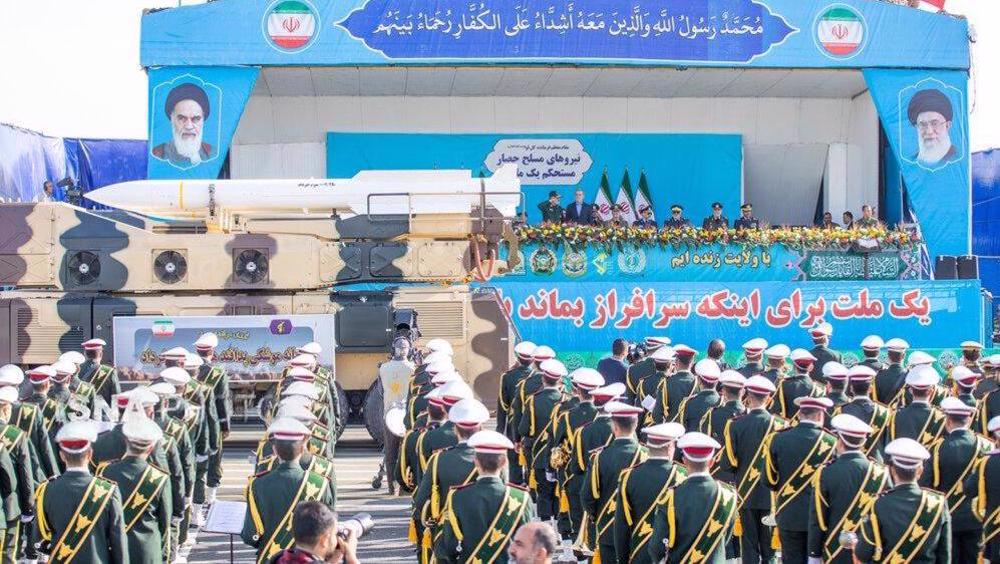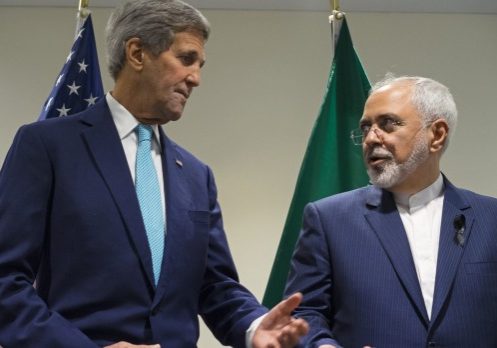
The Iran nuclear deal – there is more work to do
May 30, 2016 | Colin Rubenstein
The Iran nuclear deal known as the Joint Comprehensive Plan of Action was officially “implemented” in January this year when world powers lifted sanctions on Iran. So is the Iranian nuclear problem now solved, with the only problem for the international community to continue implementing the JCPOA?
Actually, both the Iranian regime and the two presumptive US presidential candidates are today acknowledging that the JCPOA is far from a finished stand-alone agreement – and there is still much to resolve if it’s to do what it’s intended to do.

Israel’s push for productive solutions
May 9, 2016 | Colin Rubenstein
THE Lebanese branch of the anti-Israel boycott movement has demanded that country’s government ban the film Batman v Superman: Dawn of Justice because, in the movie, Wonder Woman is played by the Israeli actor Gal Gadot.
Worldwide, the film has box office takings of over $1.2 billion. Many people – including in Lebanon, where the film is already screening – simply want to be entertained and don’t care what nationality an actor in the film might be.
It is significant because anti-Israel campaigners and their supporters like to claim that Israel is becoming increasingly isolated internationally. Yet as millions of cinemagoers worldwide show, the reality is somewhat different.
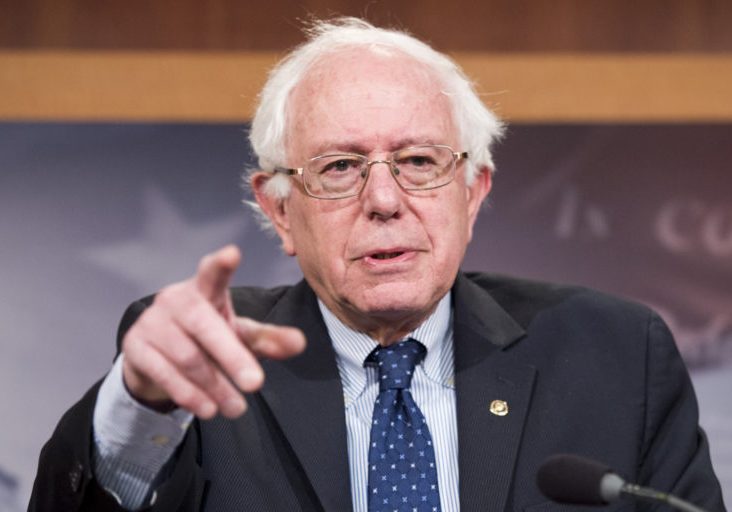
The Sanders Middle East mirage
April 29, 2016 | Colin Rubenstein
The candidacy of Bernie Sanders for the Democrat nomination for president of the United States has excited many pro-Palestinian activists. Even academic Amin Saikal (“Bernie Sanders dares to challenge Israel”, Times2, April 20, p5) has jumped on the bandwagon.
This Sanders euphoria is based on few facts and much posturing, vitriol and emotion.
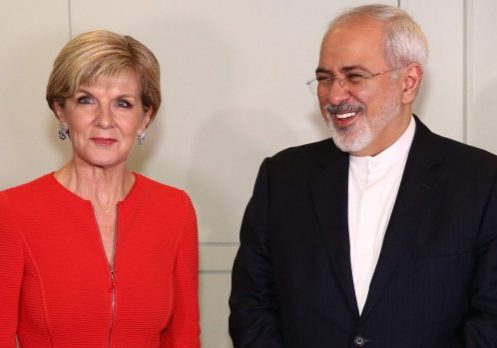
Don’t Be Fooled by Iranian Minister’s Charm Offensive
April 2, 2016 | Colin Rubenstein
Australia recently hosted Iranian Foreign Minister Dr Mohammad Javad Zarif, the Islamic Republic’s urbane and seemingly moderate face. However, charm and a lovely accent do not make someone a moderate. In fact analysis of his various comments while here reveals much about the unchanged nature of Iran’s brutal expansionist regime, and its hypocrisy.
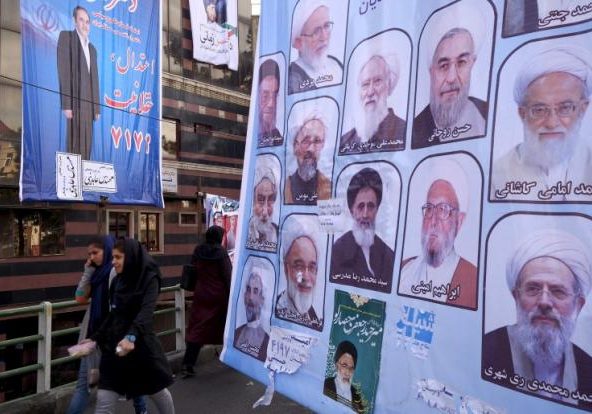
Iranian election shows hoped-for moderation a pipe dream
February 25, 2016 | Colin Rubenstein
In elections on Feb. 26, Iran is set to choose a new Majlis, or parliament, as well as the “Assembly of Experts” – a body of religious scholars whose main job is to choose the Supreme Leader – currently 76-year-old Ayatollah Ali Khamenei. However, hopes that last July’s nuclear deal – officially implemented last month – would lead to a shift in power in the Iranian regime toward “moderates” and away from “hardliners” appear doomed.
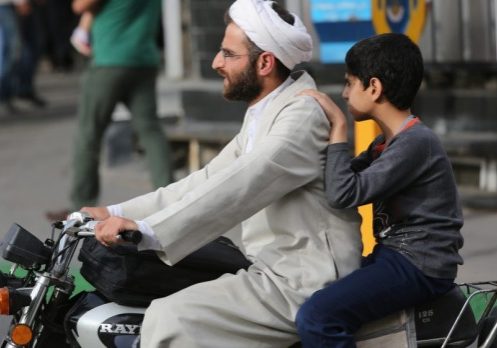
Vigilance, not misplaced enthusiasm, needed in the wake of Iran deal implementation
January 22, 2016 | Colin Rubenstein
It’s important to remember that the steps Iran has taken in order to have the sanctions removed do not represent the dismantling of Iran’s nuclear program but only a partial rollback of certain aspects of it and mothballing or disconnecting other enrichment hardware. This means that, moving forward, inspections, intelligence and strong enforcement will remain crucial to ensure that Iran doesn’t cheat its way to a nuclear arsenal.

Stepped-up Islamic State terror campaign demands new strategies
December 10, 2015 | Colin Rubenstein
The recent attacks are a reminder that terrorism can never be stopped through purely defensive means. It is therefore encouraging that Obama renewed his vow to destroy IS in his address.
Unfortunately, however, there was little indication from Obama’s address that the US is prepared to meaningfully change its military strategy against IS which Obama himself said after the Paris attack was “right … and we’re going to see it through”.
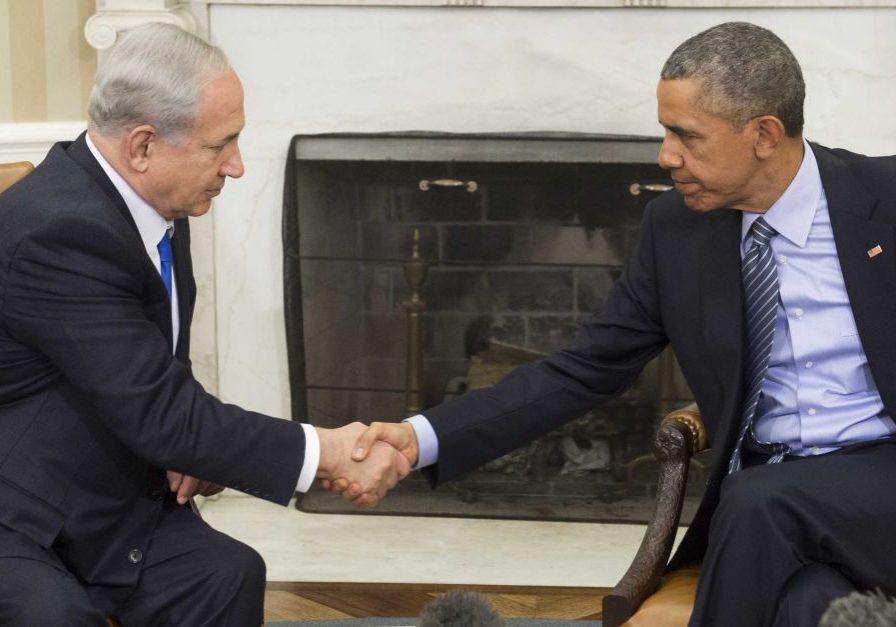
Israel and Palestine: Too many barriers still prevent a two-state solution
November 13, 2015 | Sharyn Mittelman
Israel’s Prime Minister Benjamin Netanyahu met with United States President Barack Obama on November 9 following a year of tension between the two leaders. Differences over Iran were largely put aside as the meeting focused on Israel’s security needs and how it will stabilise relations with the Palestinians…
The Obama administration has had to recognise that trying to prevent a slide into intensified Israeli-Palestinian violence appears to be more important at the minute than to pursue an unlikely peace breakthrough.
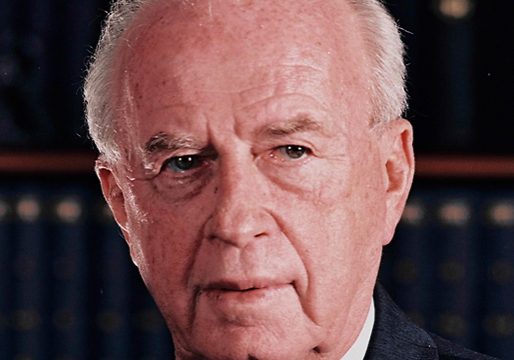
The Israeli Consensus for Peace is Rabin’s Legacy
November 5, 2015 | Allon Lee
It remains the most traumatic day in recent Israeli history.
Yitzhak Rabin, as Chief of Staff, had saved Israel at its darkest hour in 1967. He had served with distinction in the War of Independence and opened the road to besieged Jerusalem.
He was assassinated by an extremist who saw him not as a hero of the State of Israel but a traitor – because he dared to take risks for peace.
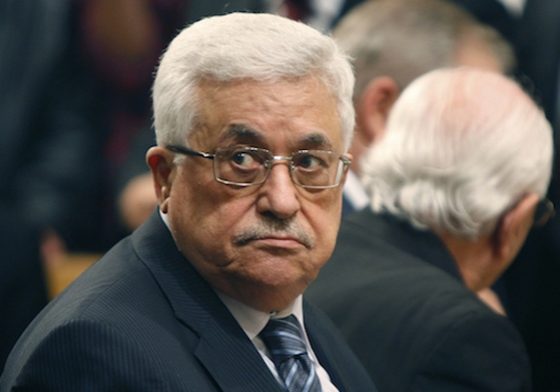
PA’s decision to shun Israel has had bloody outcome
October 15, 2015 | Colin Rubenstein
What should be done about the deadlock in Israeli-Palestinian peace negotiations since Palestinian Authority President Mahmoud Abbas’ decision to walk away from the talks last year, preferring instead to sign a unity deal with the terrorist group Hamas?
Should the parties go back to discussing a two-state peace that would end the conflict? Or should there be a renewal of the sort of daily, deadly violence that occurred during the 2000-05 second intifada, which led to the deaths of thousands of both Palestinians and Israelis?
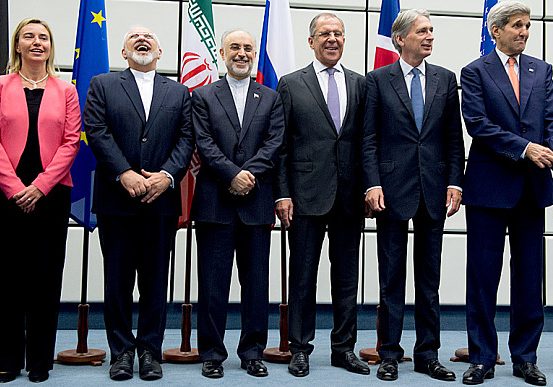
Iranian deal’s a setback for international nuclear non-proliferation
July 22, 2015 | Sharyn Mittelman
Discussing the Iranian nuclear deal on CNN with Wolf Blitzer on July 15, US National Security Adviser Susan Rice said, “We should expect that some portion of that money would go to the Iranian military and could potentially be used for the kinds of bad behaviour that we have seen in the region up until now.” Ms Rice added, “But the goal here, Wolf, was never, and was not designed to prevent them from engaging in bad behaviour in region. They’re doing that today. The goal is to ensure that they don’t have a nuclear weapon, and therefore, when they are engaging in that bad behaviour, are that much more dangerous.” However, many analysts believe that is a key problem with the deal – it intentionally ignored Iran’s “bad behaviour” – its record of supporting global terrorism and its human rights abuses.
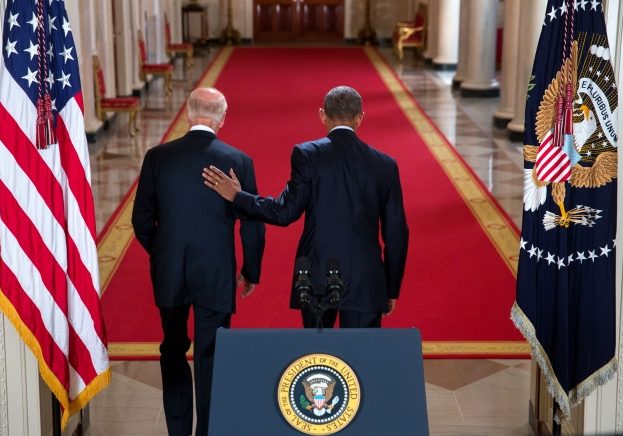
Iran: a better deal needed
July 18, 2015 | Colin Rubenstein
At the heart of the international effort to stop Iran from developing nuclear weapons has been the knowledge and understanding that Iran is a dangerous, expansionist rogue country and a leading state sponsor of terrorism that must be prevented from obtaining even the capability to produce the world’s most dangerous weapons.


